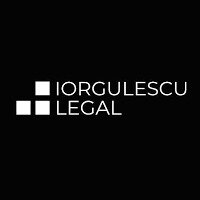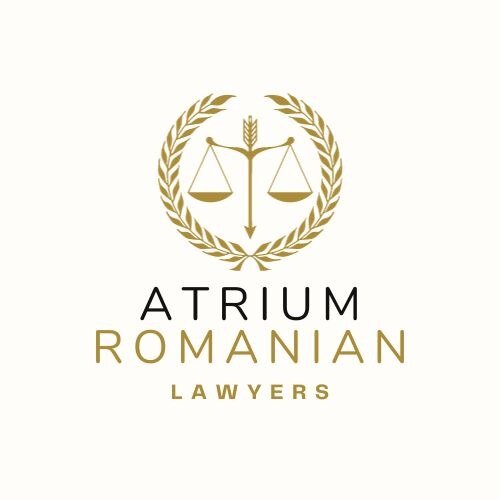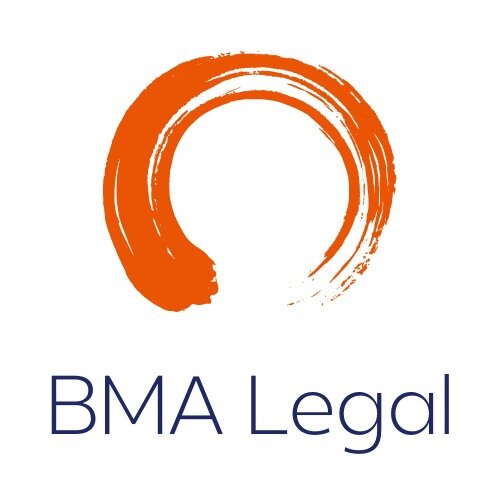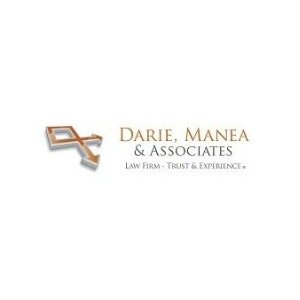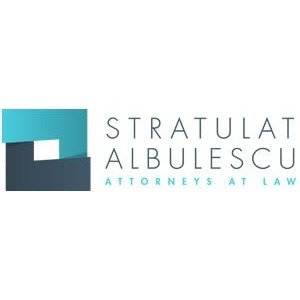Best Sustainable Finance Lawyers in Bucharest
Share your needs with us, get contacted by law firms.
Free. Takes 2 min.
List of the best lawyers in Bucharest, Romania
About Sustainable Finance Law in Bucharest, Romania
Sustainable Finance in Bucharest, Romania refers to the integration of environmental, social, and governance (ESG) considerations into financial services. This field aims to promote responsible investment, foster green economic development, and align financial flows with national and European Union (EU) sustainability goals. In Bucharest, as the country's financial center, sustainable finance plays a growing role among banks, investors, corporations, and regulatory authorities. The legal framework is shaped by both EU regulations and local laws, demanding compliance and adaptation from financial sector participants.
Why You May Need a Lawyer
Navigating the legal landscape of sustainable finance can be complex, especially as regulations evolve rapidly. Common reasons you may require legal advice include:
- Understanding legal obligations for sustainable investments or green bonds
- Ensuring compliance with EU and local disclosure requirements, such as the Sustainable Finance Disclosure Regulation (SFDR)
- Structuring financial products or services with positive environmental or social impacts
- Advising on ESG risk management and due diligence
- Handling disputes relating to greenwashing or false sustainability claims
- Interpreting public or private green finance incentives and tax policies
- Supporting mergers, acquisitions, or partnerships with a sustainability focus
- Preparing sustainability-related corporate governance strategies
Local Laws Overview
Several key laws and regulations apply to sustainable finance in Bucharest. The Romanian government has adopted policies in line with EU objectives, including the European Green Deal and the EU Taxonomy Regulation, which defines what qualifies as environmentally sustainable activities. Banking regulations require institutions to assess and disclose climate-related risk exposures. The Romanian Ministry of Finance and the Financial Supervisory Authority have also introduced guidelines for green bond issuance and ESG reporting. Moreover, public procurement rules increasingly require sustainable criteria. Companies operating in the financial sector are thus expected to integrate ESG criteria into business strategies, product design, and reporting systems to ensure full compliance.
Frequently Asked Questions
What is sustainable finance, and why is it important in Bucharest?
Sustainable finance refers to financial activities that consider environmental, social, and governance factors. In Bucharest, it is vital for supporting responsible investments, reducing environmental risks, and meeting both local and EU climate goals.
Do Romanian laws require companies to follow sustainable finance regulations?
Yes, many Romanian companies, especially those in the financial sector, are required to comply with both local and EU sustainability standards, including reporting duties and integration of ESG criteria.
Which EU regulations impact sustainable finance in Romania?
Key regulations include the EU Taxonomy Regulation, the Sustainable Finance Disclosure Regulation, and the Non-Financial Reporting Directive. These set out classification, disclosure, and reporting obligations.
What types of financial products are considered sustainable?
Products such as green bonds, social bonds, and ESG investment funds fall under sustainable finance when they meet certain transparency and environmental standards.
Who supervises sustainable finance activities in Bucharest?
The Financial Supervisory Authority and the National Bank of Romania oversee the implementation and monitoring of sustainable finance standards within the country.
How can a lawyer help with ESG compliance?
A lawyer can help interpret complex regulations, design compliance strategies, prepare accurate disclosures, and reduce the risk of regulatory penalties or reputational damage.
What are the consequences of non-compliance in sustainable finance?
Consequences can include administrative fines, business restrictions, lawsuits for greenwashing, or loss of access to sustainable finance markets.
Is it mandatory to disclose climate-related risks in Romania?
For many financial institutions and listed companies, climate risk disclosures are mandatory under both EU and Romanian regulations.
Can businesses benefit financially from sustainable finance?
Yes, access to green funding, tax incentives, preferential loans, and enhanced reputation are significant benefits for businesses engaging in sustainable finance.
How is greenwashing prevented in Romanian sustainable finance?
Both local and EU rules require strict disclosure, monitoring, and independent verification of sustainability claims to prevent misleading or exaggerated statements about environmental benefits.
Additional Resources
If you need more information or assistance, consider reaching out to the following organizations:
- Financial Supervisory Authority (ASF) - Regulates financial markets and implements ESG standards
- National Bank of Romania - Oversees the banking sector and enforces sustainability compliance
- Romanian Ministry of Finance - Policy making and taxation incentives for sustainable finance
- Romanian Banking Association - Guidance and updates on ESG integration
- European Commission Romania Representation - For EU-level sustainable finance initiatives in Romania
Next Steps
If you require legal assistance in the field of sustainable finance, start by assessing your specific needs, such as compliance, structuring green products, or resolving disputes. Research reputable law firms or individual specialists in Bucharest with experience in sustainable finance and ESG matters. Prepare relevant documentation about your case or business and arrange a consultation to discuss your goals and challenges. Staying proactive and informed will help you navigate the evolving legal landscape of sustainable finance and avoid costly mistakes.
Lawzana helps you find the best lawyers and law firms in Bucharest through a curated and pre-screened list of qualified legal professionals. Our platform offers rankings and detailed profiles of attorneys and law firms, allowing you to compare based on practice areas, including Sustainable Finance, experience, and client feedback.
Each profile includes a description of the firm's areas of practice, client reviews, team members and partners, year of establishment, spoken languages, office locations, contact information, social media presence, and any published articles or resources. Most firms on our platform speak English and are experienced in both local and international legal matters.
Get a quote from top-rated law firms in Bucharest, Romania — quickly, securely, and without unnecessary hassle.
Disclaimer:
The information provided on this page is for general informational purposes only and does not constitute legal advice. While we strive to ensure the accuracy and relevance of the content, legal information may change over time, and interpretations of the law can vary. You should always consult with a qualified legal professional for advice specific to your situation.
We disclaim all liability for actions taken or not taken based on the content of this page. If you believe any information is incorrect or outdated, please contact us, and we will review and update it where appropriate.



